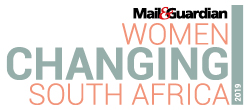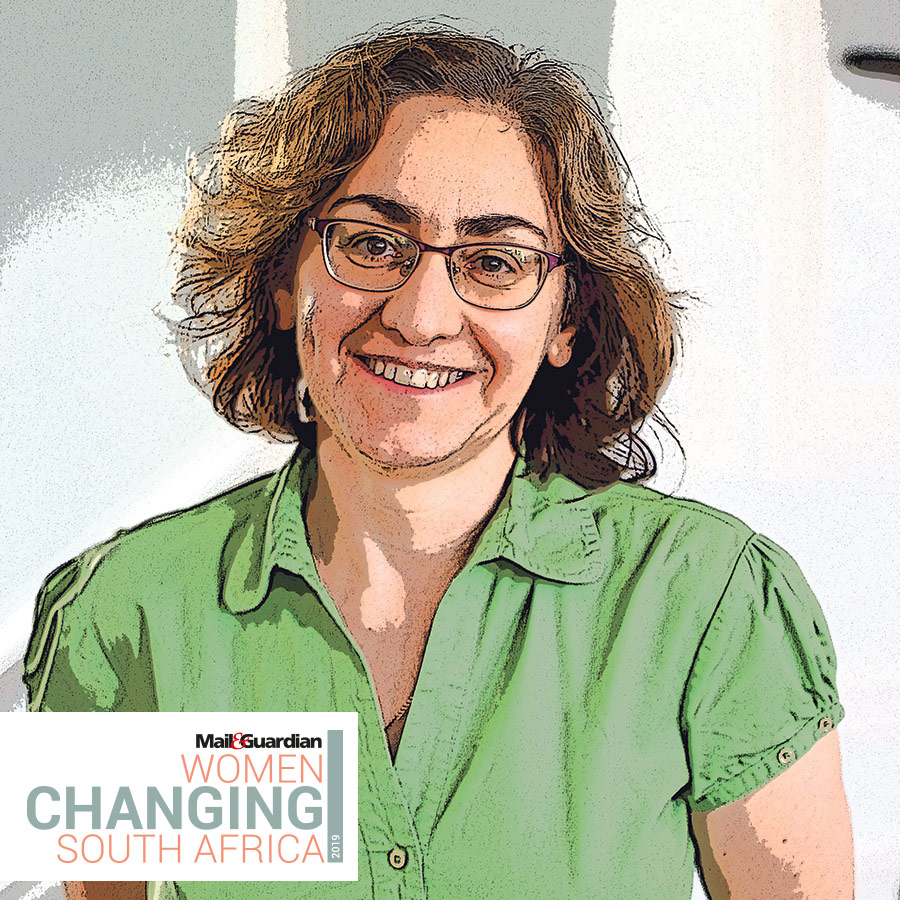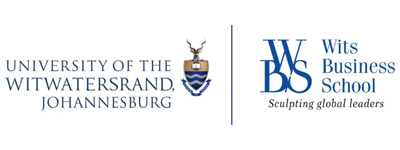Many heads of diplomatic missions in South Africa are women, as are many of our ambassadors overseas.
As the chief executive for the South African Institute of International Affairs (SAIIA), Elizabeth Sidiropoulos says she has a multifaceted job that is never boring. As head of the research institute, she is expected to be on top of her area of focus (South African foreign policy and emerging powers in Africa), while also being able to comment on a broad range of current affairs. She’s the face of the institute, which involves engaging with a number of external stakeholders, provides leadership on the overall strategic direction of the institution, and is responsible for securing funding.
She was appointed to her post after six years as the director of studies at SAIIA. She has always had an interest in current affairs and politics, which informed her later decision to get into international affairs. She believes that global challenges such as climate change, technological advancement and artificial intelligence can only be addressed by working together across borders. To do so, citizens have to be aware, informed and engaged, she says. “This is what drives me, and what has informed our work at the institute, not just in the research we produce, but also through the work we do with young people to instil in them a lifelong interest in the affairs of the world, making them informed and active citizens.”
Sidiropoulos celebrates the fact that she works in a sector where there are many women. “Many heads of diplomatic missions in South Africa are women, as are many of our ambassadors overseas. South Africa has made great strides in this sector at the level of government and the research community,” she says.
“The work that we do at SAIIA, from climate change and the blue economy to African governance, and trade and investment, are crucial policy and academic contributions to the problems of poverty, underdevelopment, accountability and planetary fragility”. Getting young people excited and interested about their input into these issues, which the institute does through youth programmes that reach out to 6 000 high school learners, teachers and varsity students, highlights the role they can play in the future.
Sidiropoulos has had different high-water marks at various phases in her life. “Publishing my first substantial edited volume on South Africa’s foreign policy in the early 2000s was one such highlight. Becoming head of the institute was another, as was being invited to serve on the Scientific Advisory Board of the EU Development Commissioner. Pulling together a collaborative publishing effort among academics from India, China, Brazil, Mexico and South Africa on what was at the time still an emerging theme — the development co-operation of southern actors — was another milestone,” she says.
— Welcome Lishivha
Twitter: @siderop


